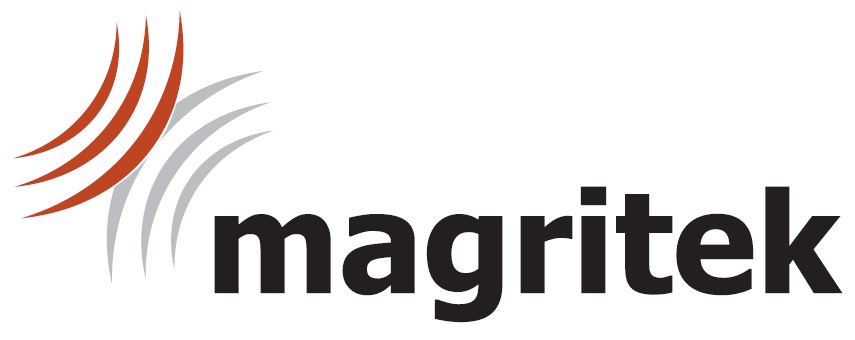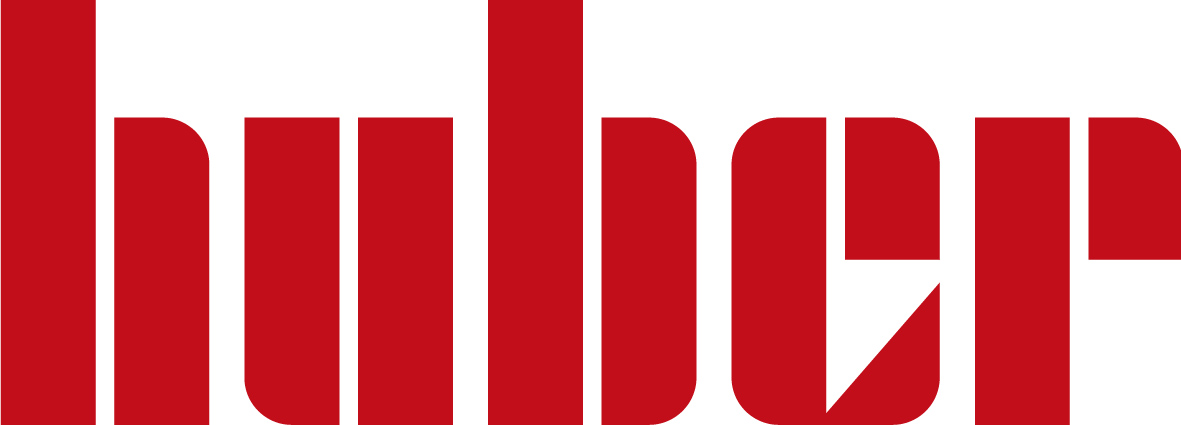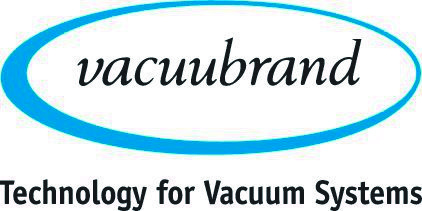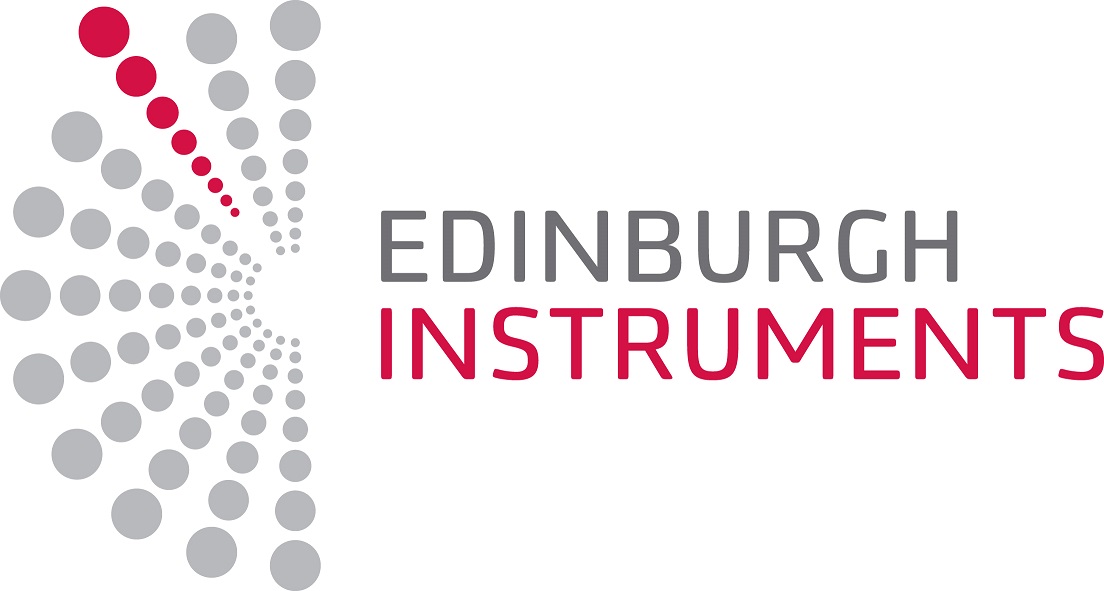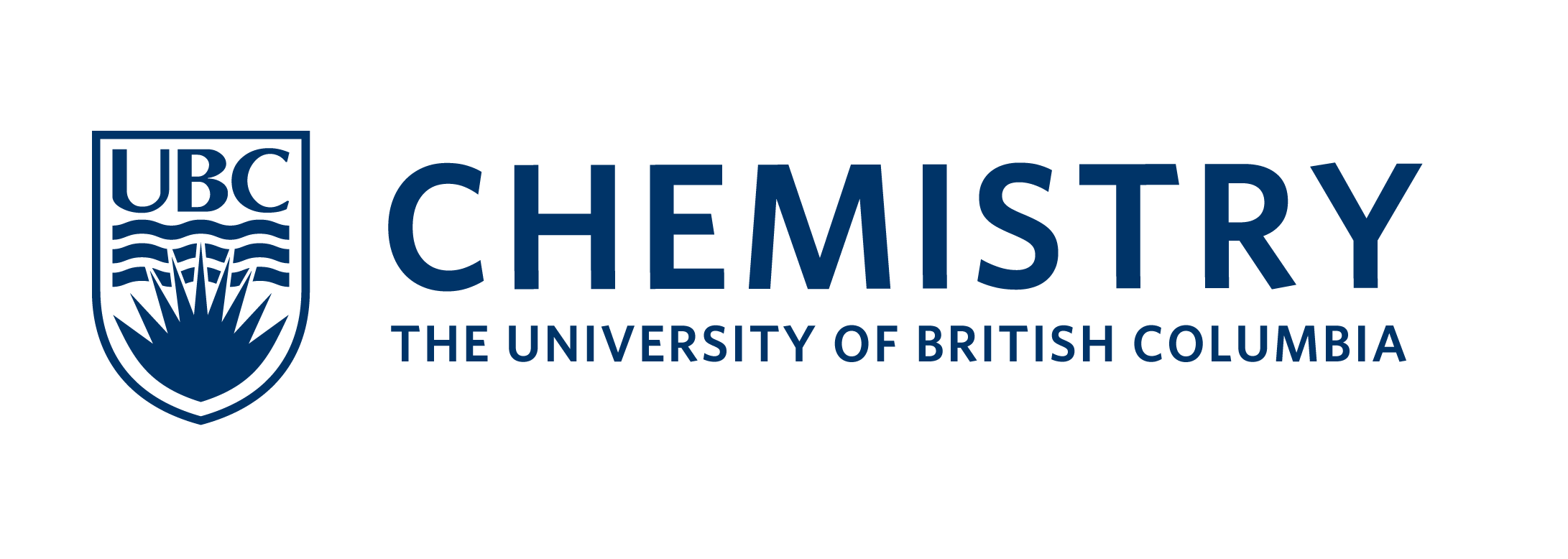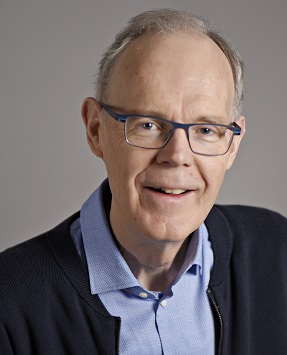 Robert Morris (Introductory Lecturer), University of Toronto, Canada
Robert Morris (Introductory Lecturer), University of Toronto, Canada
Dr. Robert Morris was born in Ottawa, Canada and received a BSc from the U. Waterloo and PhD from the U. British Columbia. After postdoctoral research at the Unit of Nitrogen Fixation at U. Sussex and at Pennsylvania State U., Dr. Morris started as an assistant professor at the U. Toronto in 1980.
His discoveries of the first iron-group dihydrogen compounds, hydridic-protonic bonding and the concept of ligand acidity constants led to a better understanding of a common reaction in catalysis, the heterolytic splitting of dihydrogen. Dr Morris and his group have shown that this is a key step in the proposed mechanism for the production of chemicals and pharmaceuticals catalyzed by ruthenium hydrogenation catalysts. The continued study, syntheses and mechanistic investigation of a variety of ligand structures on iron group elements led Dr. Morris and his team to the discovery of the first well defined catalysts based on iron for the asymmetric hydrogenation of ketones and imines. GreenCentre Canada helped to commercialize these catalysts.
Dr. Morris has won the Canadian inorganic chemistry awards and the 2017 RSC Inorganic Mechanisms award and is a Fellow of the CIC and the Royal Society of Canada and a Killam Research Fellow (2015-2017).
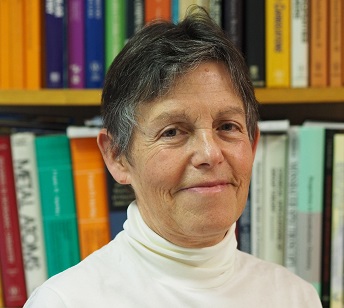 Odile Eisenstein (Closing speaker), CNRS, Université de Montpellier, France
Odile Eisenstein (Closing speaker), CNRS, Université de Montpellier, France
University of Oslo, Norway
Odile Eisenstein, currently “Directeur de Recherche Emerite” at the French National Centre for Scientific Research (CNRS) and adjunct-Professor at the University of Oslo, was born in 1949 in France. After a PhD with Nguyen Trong Anh and Lionel Salem at the University of Paris Sud-Orsay, she was post-doc with Jack Dunitz (ETH, Zurich) and with Roald Hoffmann (Cornell). She started her independent carrier at Paris-Sud Orsay and she became the head the Laboratory of Theoretical Chemistry before moving to Montpellier in 1996 where she founded a group of theoretical chemistry. She has received numerous awards including the ACS Organometallic award and Frankland and Centenary lectureships and awards from the RSC. She is a member of the French Academy of Science and a foreign member of the Norwegian Academy of Sciences and Letters and of the Academy of North-Rhine Westphalia. She is President of the International Academy of Quantum Molecular Science. Her interest in science is to decipher mechanisms using computational tools in close collaboration with experimental chemists. She recently got interested in constructing links between NMR, molecular orbital structure and reactivity in close collaboration with C Coperet (ETH, Zürich)
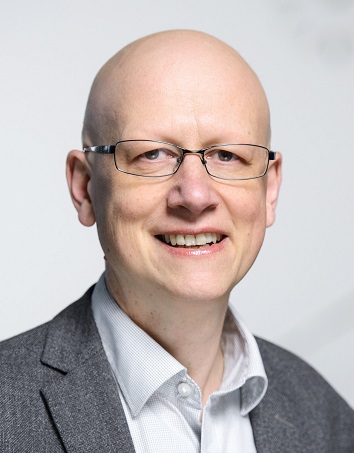 Thomas Braun, Humboldt-Universität zu Berlin, Germany
Thomas Braun, Humboldt-Universität zu Berlin, Germany
Thomas Braun studied chemistry at the Julius-Maximilians-Universität Würzburg and received his Ph.D. under the supervision of Helmut Werner. After postdoctoral work with Pierre Dixneuf (Rennes) and Robin Perutz (York), he obtained his habilitation with Peter Jutzi as mentor at University of Bielefeld. In 2007, he was appointed Professor of Inorganic Chemistry at the Humboldt-Universität zu Berlin. Thomas Braun received the Wöhler Award for Young Scientists in 2006 and the RSC Fluorine Chemistry Prize in 2007. From 2010-2012 he served as the chair of the GDCh Fluorine Chemistry division and was from 2009-2018 vice-chair of the DFG Research Training Group GRK 1582 “Fluorine as the Key Element”. From 2010-2012 he was head of department of the department of chemistry at the Humboldt-Universität. His major interests are in fluorine chemistry as well as organometallic and coordination chemistry with an emphasis on the catalytic activation of small molecules. Recently he also turned his attention to heterogeneous catalysis.
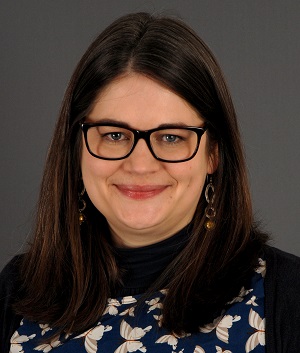 Meghan Halse, University of York, United Kingdom
Meghan Halse, University of York, United Kingdom
Dr Meghan Halse received her Ph.D. in 2010 from Victoria University of Wellington in New Zealand. She did post-doctoral work at the Centre for very high field NMR (CRMN) at the CNRS in Lyon, France from 2010 to 2013 and at the Centre for Hyperpolarisation in Magnetic Resonance (CHyM) in York, UK from 2013. She was appointed to a Lecturership in Chemistry at the University of York in 2015. Her research focuses on the development of novel NMR and MRI methods and applications with a particular interest in the use of hyperpolarisation to improve sensitivity and the development of low-field portable NMR devices with applications outside of the traditional laboratory environment.
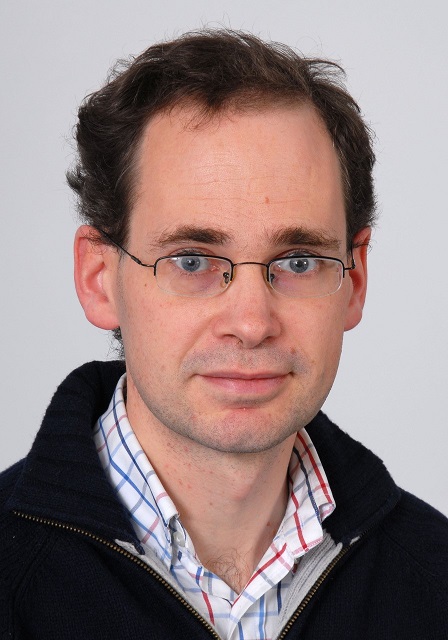 Jeremy Harvey, KU Leuven, Belgium
Jeremy Harvey, KU Leuven, Belgium
Jeremy Harvey studied chemistry at the Université Catholique de Louvain in Belgium, with his PhD thesis, completed in 1995, focusing on experimental studies of reaction mechanisms in organosulfur chemistry. After postdoctoral periods in Berlin and Jerusalem, during which he switched to computational methods while retaining his interest in reaction mechanisms, he started his independent research career in Bristol in 1999, where he remained until moving to Katholieke Universiteit Leuven in 2014. His research focuses on using electronic structure theory methods as a basis for exploring reaction mechanisms and dynamics, and he has a particular interest in organometallic and inorganic chemistry.
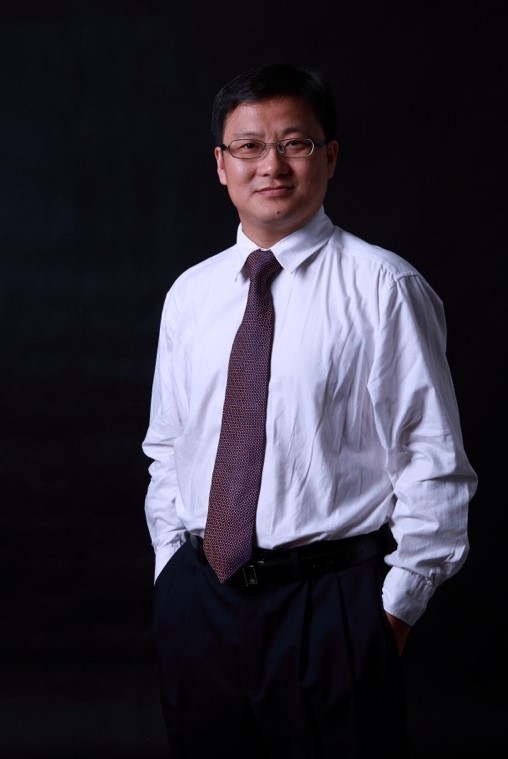 Aiwen Lei, Wuhan University, China
Aiwen Lei, Wuhan University, China
Aiwen is full Professor and associate Dean of the Institute for Advanced Studies (IAS) of Wuhan University. His major research interests are Green Catalysis, and he tired two ways to approach the goal: (1) oxidative C-H/X-H Cross-coupling, (2) developing high efficient catalyst. Besides, he devoted to investigate mechanistic studies including kinetic and active intermediate by using in situ infrared (IR) and X-ray absorption spectroscopy (XAS). In 2000, he obtained his doctoral degree at the Shanghai Institute of Organic Chemistry under the supervision of Prof. Xiyan Lu and worked on the Pd(II)-catalyzed C-X bond formation. From 2000 to 2003, he worked as a Postdoctoral Fellow with Prof. Xumu Zhang at Pennsylvania State University. Afterwards, he shifted to focus on the bioionorganic chemistry with Prof. James P. Collman’s group in Stanford University during 2003-2005. He has published more than 300 articles with approximate to 17500 citations, the h-index is 73, and the highest single cited was approximate to 1300 times. Additionally, he has written books on the synthetic reactions in organic chemistry, the oxidative cross-coupling reaction and C-H bond activation.
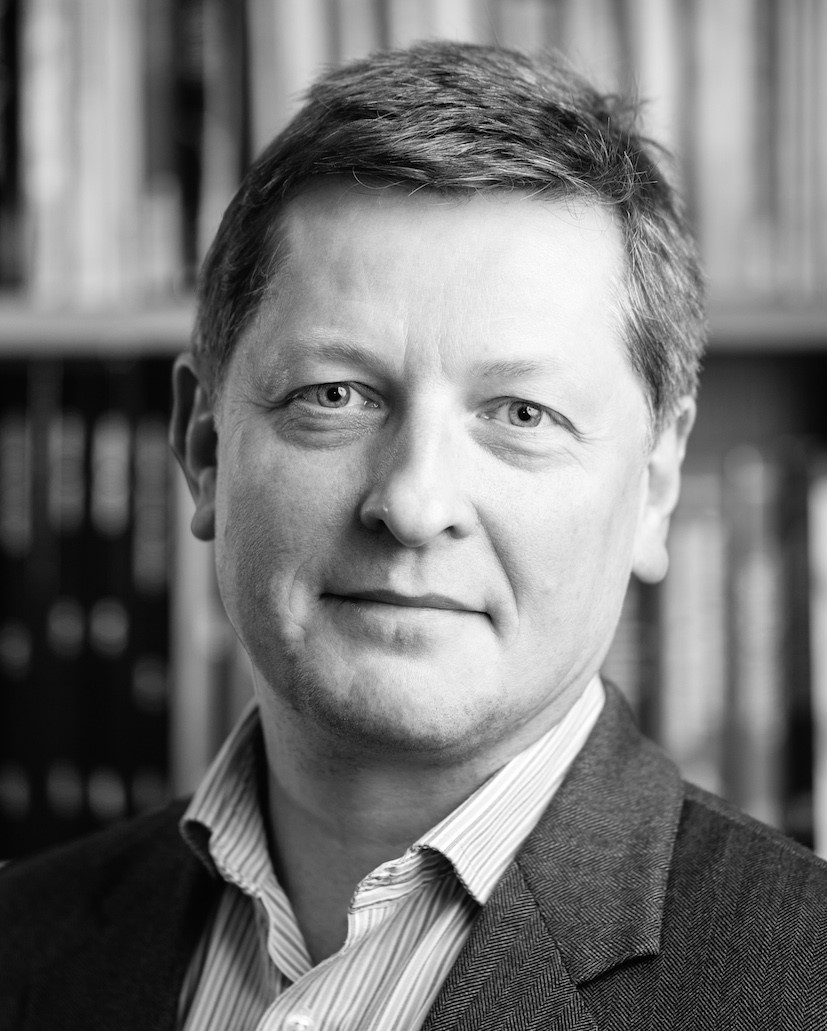 Guy Lloyd-Jones, The University of Edinburgh, United Kingdom
Guy Lloyd-Jones, The University of Edinburgh, United Kingdom
Guy Lloyd-Jones FRS studied Chemical Technology at Huddersfield, obtained his doctorate with John Brown FRS, and did postdoctoral research with Andreas Pfaltz. He began his independent career in 1996 at the University of Bristol, building a research group specialising in stereochemistry, catalysis, kinetics, NMR and isotopic labelling. In 2013 he was elected to the fellowship of the Royal Society and took The Forbes Chair of Organic Chemistry at the University of Edinburgh. His research focuses on the mechanism and kinetics of synthetic processes and reactions, and more recently on the development of new stopped-flow methods for IR and NMR. His studies have assisted academia and industry in the logical design of reagents, catalysts and reaction conditions.
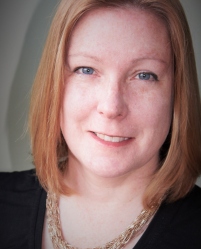 Jennifer Love, The University of British Columbia, Canada
Jennifer Love, The University of British Columbia, Canada
Prof. Jennifer Love began at UBC as an assistant professor in 2003, following her doctoral studies with Prof. Paul Wender at Stanford University and NIH-funded postdoctoral studies with Prof. Robert Grubbs at Caltech. She has won a number of awards, including the IntelliSyn Pharma award from the Canadian Society for Chemistry in 2018, an Alexander von Humboldt Research Fellowship for Experienced Researchers in 2012, the AstraZeneca Canada Award in Chemistry in 2008, the UBC Science Killam Teaching Award in 2009 and a CNC IUPAC travel award in 2011. She became a Fellow of the Royal Society of Chemistry (UK) in 2016. Her program is well-funded and internationally recognized. She has given over 100 invited presentations around the world. She has served as the vice-Chair, Chair and past-Chair of the Inorganic Division of the CSC. She is an Associate Editor for Catalysis Science & Technology and has served on both the editorial board and editorial advisory board of Dalton Transactions. She recently began as a Responsible Editor for Organic Reactions. Love’s program spans the traditional boundaries of organic and inorganic chemistry. Her group aims to develop fundamentally new, cost-effective and low-waste reactions for the synthesis of medicinally important compounds by exploring the mechanism of reactions at late transition metal centres.
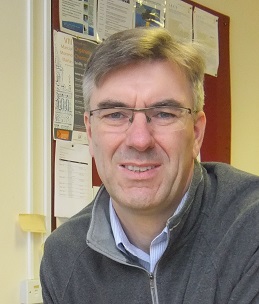 Stuart Macgregor, Heriot-Watt University, United Kingdom
Stuart Macgregor, Heriot-Watt University, United Kingdom
Stuart Macgregor is full Professor in the Institute of Chemical Sciences at Heriot-Watt University, Edinburgh. His research uses computational chemistry to model the structure and reactivity of transition metal systems, with a particular focus on C-H and C-F bond activation, s-alkane complexes and their applications in homogeneous catalysis and organometallic reactivity in the solid-state. His work is performed in close collaboration with a number of experimentalists.
Stuart received his PhD from the University of Edinburgh (1992) and was awarded a NATO Western European Fellowship to work with Odile Eisenstein at the Université de Paris-Sud in Orsay (1992-1994). After two years at the Australian National University he returned to Edinburgh to take up a lectureship at Heriot-Watt University in 1997. He was promoted to full Professor in 2009 and acted as Head of the Institute of Chemical Sciences from 2010 to 2014.
Website: http://cic.eps.hw.ac.uk/
ORCiD: 0000-0003-3454-6776
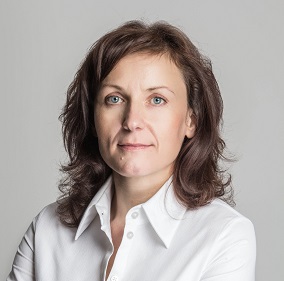 Jana Roithová, Charles University, Czech Republic
Jana Roithová, Charles University, Czech Republic
Jana Roithová graduated in organic chemistry from Charles University in Prague in 1998. During her PhD studies she was working with Prof. Zdenek Herman in J. Heyrovsky Institute of Physical Chemistry on the topic of reaction dynamics. After obtaining the PhD title in 2003, she moved to the Technical University in Berlin and worked in the group of Prof. Helmut Schwarz. From 2005 she worked with Detlef Schröder at the Academy of Sciences of the Czech Republic. Her independent career started in 2007 at the Faculty of Science of the Charles University in Prague, where she raised through the ranks and finally held the position of a professor and the head of the department of organic chemistry. In 2018, she moved to Radboud University in Nijmegen, where she serves as a chair professor for spectroscopy and catalysis. She has obtained several prizes, e.g. Ignaz L Lieben Award from the Austrian Academy of Sciences, Heyrovsky-Ilkovic-Nernst Lecture from the German Chemical Society, or Rudolf Lukeš prize from the Czech Chemical Society. Jana Roithová is author of more than 170 papers in peer-reviewed scientific journals. In 2010 has received a Starting Grant and in 2015 a Consolidator Grant from European Research Council.














